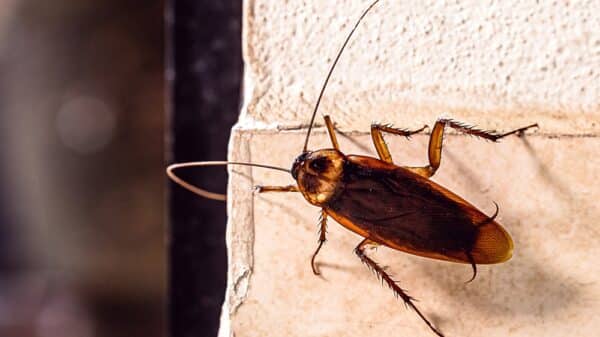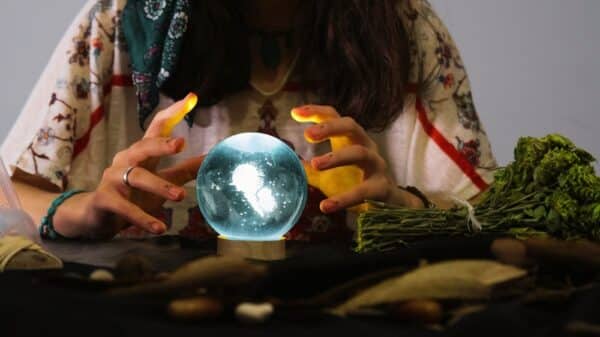A freshly conducted exploration demonstrates the profound impact of social media and online dating platforms on the decision-making process of young people when it comes to selecting life partners. This influence leads to ambiguity and possible alterations in relationship dynamics and evolutionary patterns of mate selection.
A contemporary study in sociology unveils that the majority of surveyed young individuals harbor uncertainty concerning their romantic prospects. Initial evaluations indicate that over fifty percent of these individuals struggle with making decisions about life partners, with a higher prevalence of females reporting this indecision compared to males.
Owing to the prevalence of social media and online dating platforms in today’s society, people are now exposed to a significantly larger pool of potential partners than ever before. However, the widespread availability of popular dating applications and the ease of modifying photos can distort the perception of the actual pool of potential romantic prospects.
“The selection of a human mate encompasses a complex psychological process, which is heavily influenced by various societal elements, such as looks, personality, and financial status,” comments Chayan Munshi, Founder and Executive Director of the Ethophilia Research Foundation in Santiniketan, India. “In recent times, social media has played a substantial role, where continuous exposure to sexually charged or appealing content molds certain perceptions in the minds of the young generation, leading to confusion in the selection of potential partners for mating purposes.”
Research through Observation and Surveys
The Ethophilia Research Foundation, a research entity that focuses on behavioral biology and public health, has recently embarked on exploring how the digital shift in society impacts human conduct. “This endeavor commenced with an extensive observation of behavioral patterns regarding partner selection,” states Mr. Munshi. “Following this observational phase, we engaged with a young demographic through an open questionnaire.”
The early findings of this ongoing initiative stem from a survey conducted among young adults in India, with the majority falling between the ages of 18 and 30. Further scrutinization of the outcomes is in progress, with a forthcoming expanded survey to delve into more specific aspects.
The survey encompassed queries related to romantic partner selection, such as “Does the process of selecting a life partner confuse you?”, “What are the standards for your life partner selection?”, “Do you continue searching for other partners even if you are in a stable relationship?”, and “Do you prefer switching to a ‘better option’ when selecting a life partner?”.
Preliminary data suggests that the perception of the availability of potential mates may be skewing how individuals evaluate their options for life partners, even when already in committed relationships. “For example, impulsive behavior is conspicuously evident, and face-to-face interactions are diminishing,” notes Mr Munshi. “This leads to confusion during the partner selection process and may introduce complexities in sustaining a relationship.”
Mr Munshi anticipates that this ongoing exploration will contribute to a more comprehensive comprehension of the evolving trends in mate selection. “Our hypothesis strongly implies that the ‘enjoyment factor’ or the ‘rush of excitement’ in relationships is taking precedence among the younger populace over long-term security,” he explains. “It’s concerning that impulsiveness or confusion could undermine the stability of human relationship maintenance, which is essentially impacting natural human social behavior.”
“This emerging pattern hints at a noticeable shift in partner selection conduct norms among young individuals, which could potentially alter the brain-behavior connections significantly,” assesses Mr Munshi. “In the long haul, this could potentially reshape the fundamental standards of evolutionary mating strategies.”
Image Source: Dorde Krstic / Shutterstock






























